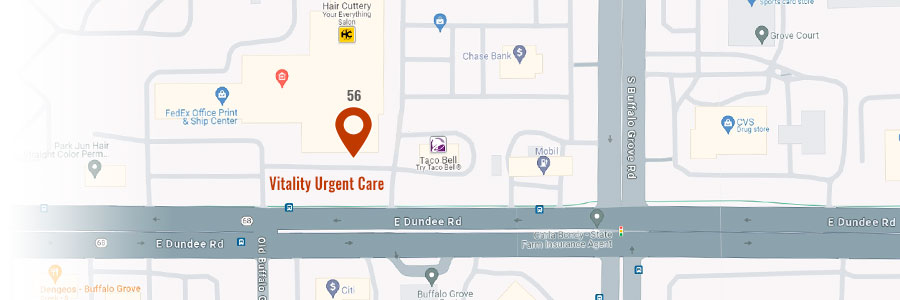Description
TEST DETAILS
- Ferritin: This is a protein in your body that stores iron. A ferritin test measures how much ferritin is in your blood, which tells us how much iron your body has stored.
- Iron: The Iron test measures the level of iron in your blood. Iron is an essential mineral that plays a crucial role in transporting oxygen throughout your body. This test helps evaluate your body’s iron stores and can identify if you have an iron deficiency or excess iron levels, which can indicate certain health conditions.
- TIBC (Total Iron-Binding Capacity) Test: The TIBC test measures the total amount of iron that can be bound to proteins in your blood. It provides information about the capacity of proteins to transport and bind iron. By assessing TIBC levels, healthcare providers can gain insights into iron metabolism and determine if there are any abnormalities or imbalances.
- Vitamin B12: This is a nutrient that helps keep your nerves and blood cells healthy. A Vitamin B12 test measures the level of this nutrient in your blood.
- Folate (Folic Acid): Folate, also known as folic acid, is a type of B vitamin that’s important for forming red blood cells. A folate test measures the amount of it in your blood.
- Red Blood Count (RBC): This is a count of the number of red blood cells in a volume of blood. It’s part of the complete blood count test.
- White Blood Count (WBC): This is a count of the number of white blood cells in a volume of blood. White blood cells help fight infections.
- Hemoglobin: This is a protein in red blood cells that carries oxygen throughout your body. A hemoglobin test measures how much hemoglobin your blood has.
- Hematocrit: This measures the proportion of your total blood volume that is made up of red blood cells. It’s part of the complete blood count test.
- Platelet Count: This measures how many platelets you have. Platelets are small blood cells that help your body form clots to stop bleeding.
HOW?
- A blood sample from vein
HOW LONG?
- 2-3 days

